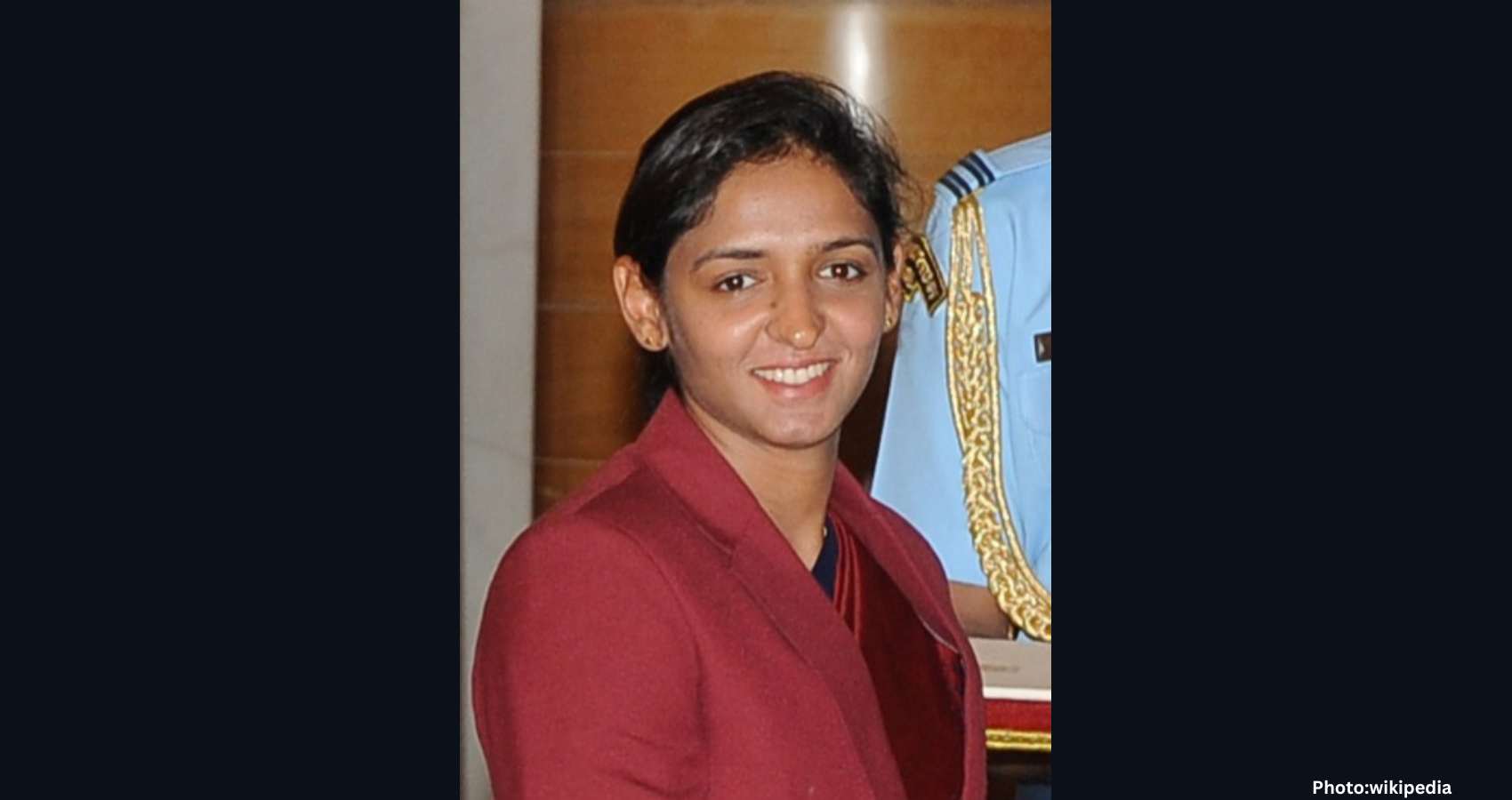Indian captain Harmanpreet Kaur’s refusal to shake hands with Pakistan’s Fatima Sana during the Women’s World Cup toss highlights the ongoing tensions between the two cricketing nations.
In a highly anticipated ICC Women’s World Cup match between India and Pakistan, a significant moment occurred when Indian captain Harmanpreet Kaur declined to shake hands with her Pakistani counterpart, Fatima Sana, during the toss. This gesture mirrors the earlier actions of Indian men’s cricketer Suryakumar Yadav, who also chose not to extend a handshake in recent encounters between the two nations.
The refusal to engage in this customary act of sportsmanship has drawn attention to the underlying tensions that have permeated the cricketing landscape, reflecting the broader diplomatic strains between India and Pakistan. The rivalry between these two teams is one of the most intense in the sport, and the handshake snub added an extra layer of drama to an already charged atmosphere.
Prior to the match, Fatima Sana won the toss and opted to bowl first, a decision that could have strategic implications for the game. However, the refusal to partake in the traditional handshake ritual has sparked discussions about how political sentiments and national emotions are increasingly influencing the dynamics of cricketing relations.
The incident underscores the complexities of sportsmanship in a context where historical and political tensions often overshadow the game itself. As both teams took to the field, the focus was not only on the match but also on the broader implications of their interactions.
As the Women’s World Cup progresses, the spotlight will likely remain on how players navigate these intricate relationships, both on and off the field. The refusal to shake hands serves as a reminder that, while cricket is a game, it is also deeply intertwined with national identities and sentiments.
According to Global Net News, the incident has reignited conversations about the impact of politics on sports, particularly in a rivalry as storied as India-Pakistan cricket.
Source: Original article

